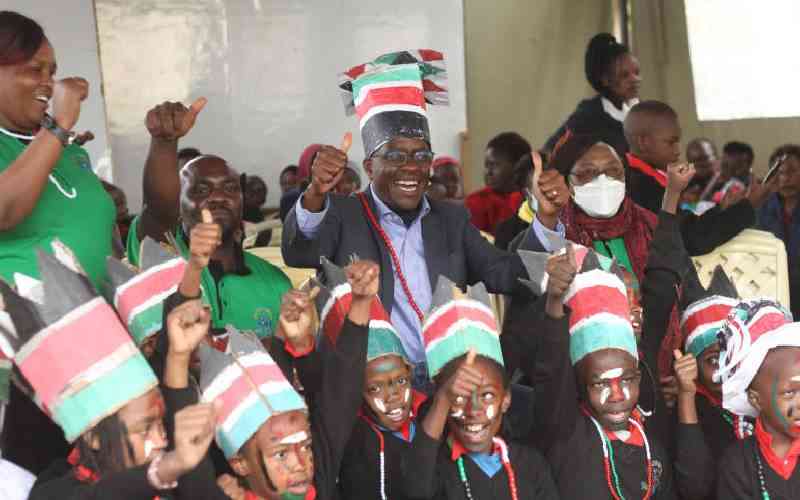
The new government is coming at a critical time in the country's educational life. We are witnessing the sunset of the 8-4-4 education system and the entrenchment of Competency Based Curriculum (CBC). But as we all know, in the post-modernist curriculum implementation model that has characterised the implementation of the Kenyan CBC, some things might have not gone the way they were desired.
The truth is, curriculum implementation the world over, has often witnessed a similar development. That's why implementation has always been marked by constant supervision, monitoring and evaluation. So, what should be the incoming government's educational agenda in as far as quality and relevance are concerned?